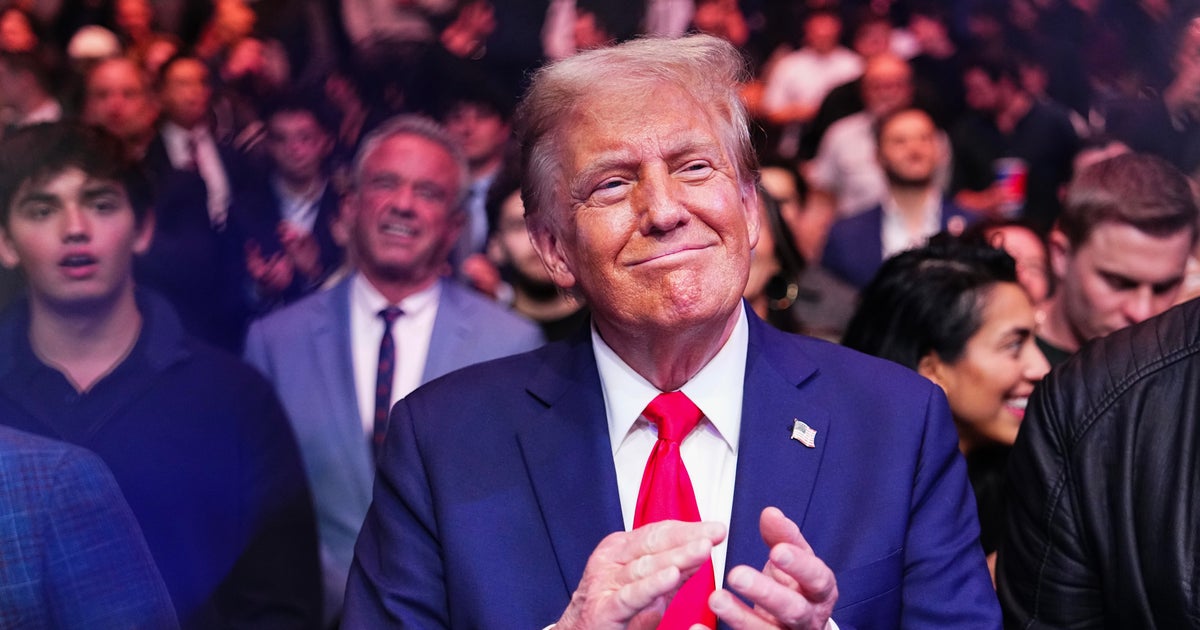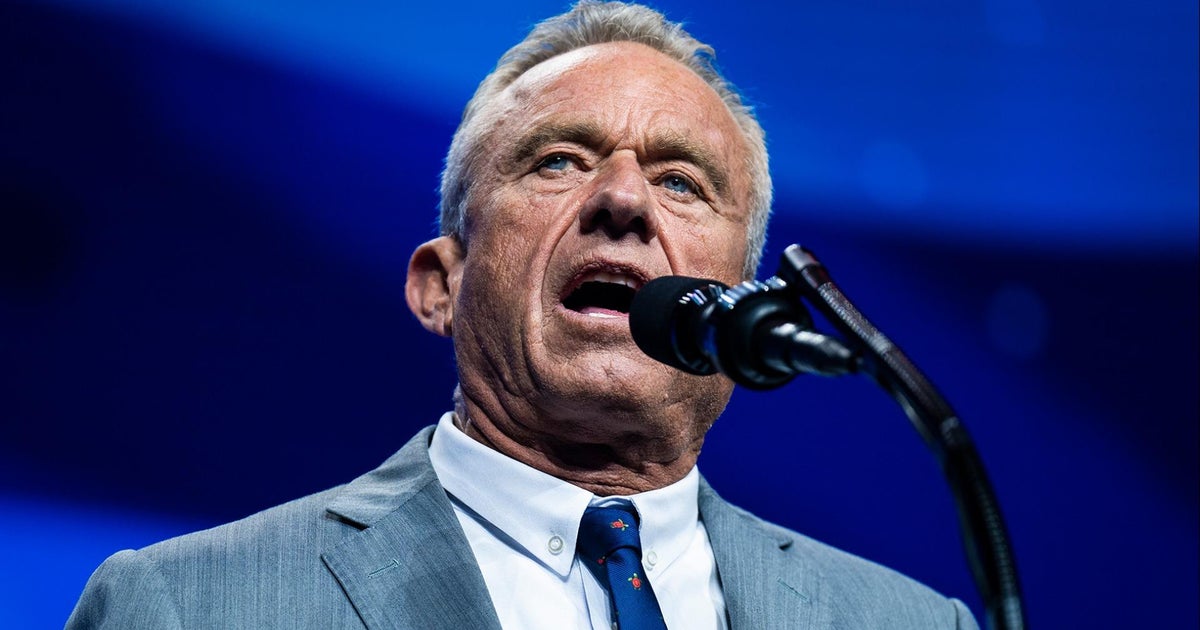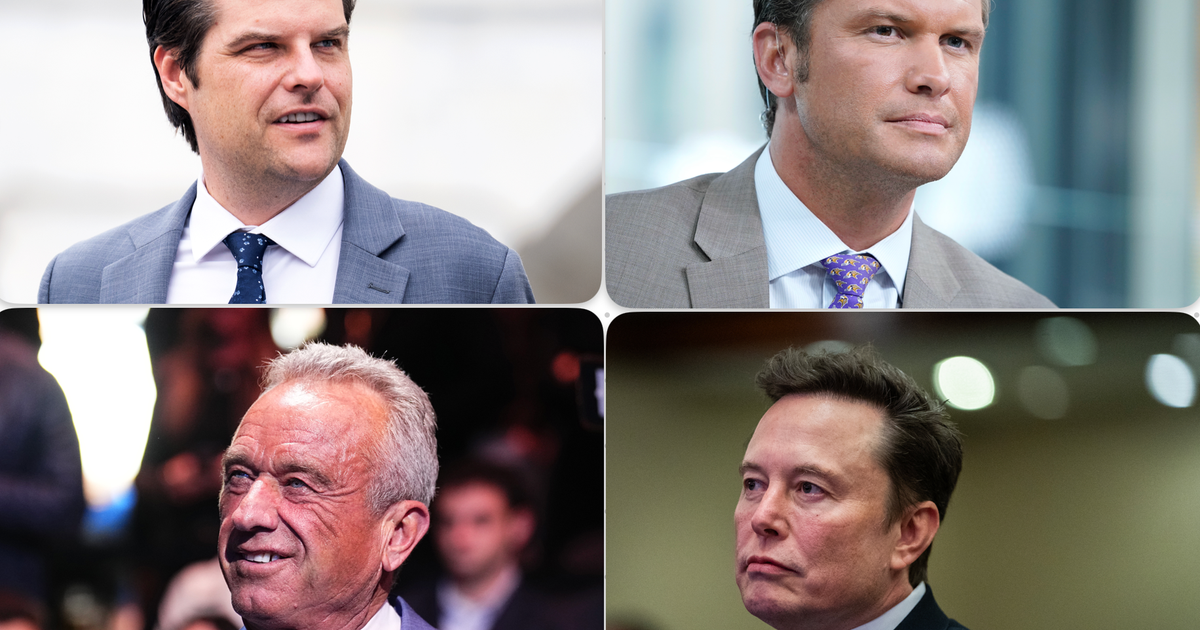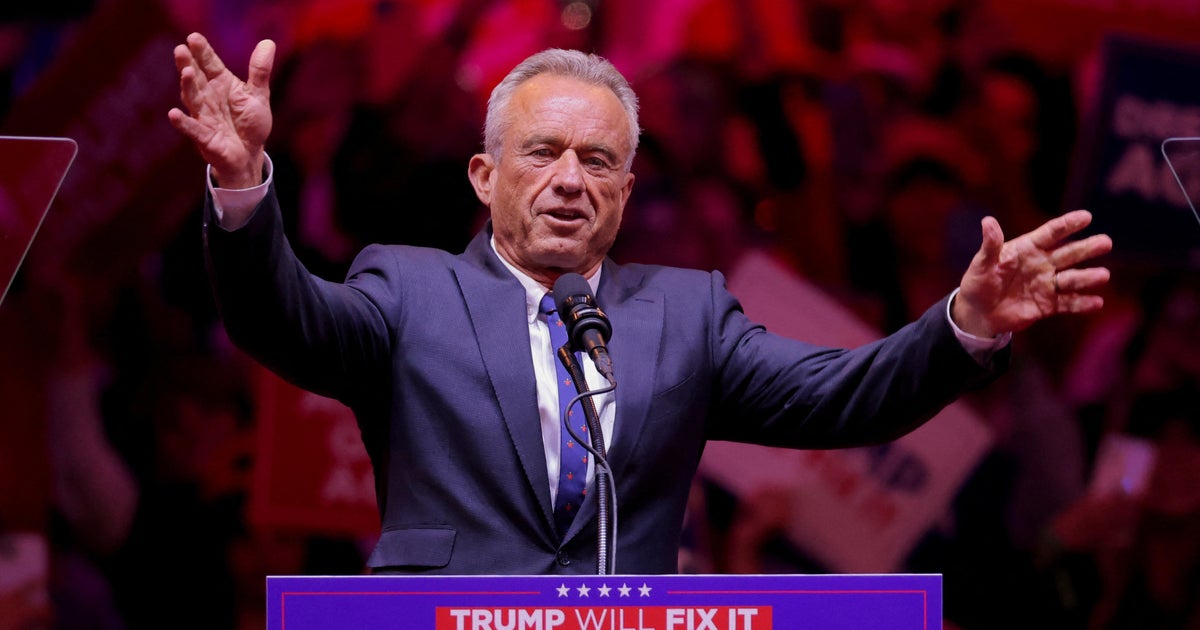What Biden can and can't do without the Trump administration's cooperation during transition
President Trump's failure to concede — and the General Services administrator's failure to "ascertain" the election winner in order to formally begin the transition — is complicating President-elect Joe Biden's preparations to assume the presidency in January.
Mr. Biden this week shrugged off the administration's failure to turn over $6.3 million in funding designated for the transition and dedicated office space, and said that the lack of classified briefings won't significantly hinder him.
"We are already beginning the transition. We're well underway," Biden said. "And the ability for the administration in any way by failure to recognize our win does not change the dynamic at all and what we're able to do."
Max Stier, president and CEO of the Partnership for Public Service and an expert on presidential transitions, said the Biden team has "done really an exceptional job preparing for this moment," and has been readying for the transition since spring. But he said "there are limits" to what an incoming administration can do without the cooperation of the GSA.
Until Election Day, GSA was cooperating with the Biden team, as is required by law once each party has a nominee. Before the election, Mr. Biden was able to acquire what are essentially transition clearances. But that cooperation has halted since GSA Administrator Emily Murphy declines to "ascertain" Mr. Biden as the rightful winner, even though every major media outlet has called the race, some Republicans have congratulated Biden, and foreign leaders are calling him president-elect.
At this point, the president-elect has less access to transition resources and intelligence community briefings now than he did before Election Day.
The key elements the Biden team can't currently obtain are access to government agencies and departments; personnel processing for security clearances and other needs; and the aforementioned funding, Stier said.
While the Biden team can gather outside advisers for input, as Mr. Biden has done with his COVID-19 advisory board, it does not have access to official briefings from the Centers for Disease Control or Food and Drug Administration on vital topics like vaccine progress. Normally, agency review teams selected by the incoming administration would meet with officials at the scores of government agencies to be briefed on necessary information and processes. Mr. Biden has named individuals for these positions — most are volunteers with previous expertise, but they have no formal access to government agencies.
For instance, the president-elect has had a number of congratulatory phone conversations with foreign leaders in the past few days and continues to do so — all without the involvement of the State Department.
Mr. Biden also doesn't have access to some classified briefings, a deficit that has the potential to reduce preparedness for months, Stier said. He pointed to the 9/11 Commission report, which was "explicit" that the inability of President George W. Bush to have his full national security team in place — a consequence of a contested election and delayed transition — damaged the nation's preparedness for the September 11, 2001 terrorist attacks, eight months after his inauguration, Stier said. The Supreme Court's Bush-Gore decision, which made Mr. Bush the winner of Florida and the presidential election, didn't come until December 12, 2000.
"[T]he 36-day delay cut in half the normal transition period. Given that a presidential election in the United States brings wholesale change in personnel, this loss of time hampered the new administration in identifying, recruiting, clearing, and obtaining Senate confirmation of key appointees," the 9/11 Commission Report said.
"The delays absolutely have long-term consequence," Stier said.
The Presidential Transition Act is the main piece of legislation governing the transition process. It requires the outgoing administration to give the president-elect a detailed summary of threats to national security, as well as details on military operations and other key pieces of information as soon as possible after the election. That has not yet happened.
The law also requires the outgoing administration to hold interagency emergency preparedness and response exercises. When President Obama was handing the reins off to Mr. Trump, one scenario he described was a global pandemic that began in Asia and spread to the U.S. — which came to pass this year.
The Senate, too, has a role in cooperating with the incoming administration. Often, the Senate holds confirmation hearings for nominees before Inauguration Day. It is still unclear whether the Republican-led Senate will do so for Mr. Biden's nominees.
Arguably, as a former vice president who held a significant foreign policy portfolio just four years ago, Mr. Biden will be able to adapt more readily than most incoming presidents. The president-elect doesn't anticipate pursuing legal action to force the GSA's hand.
"I don't see a need for legal action, quite frankly," he said Tuesday.
Still, Republican Senator James Lankford said he'll push for Mr. Biden to receive intel briefings by Friday, if the GSA has not moved forward by then. Lankford explained how he'll do that to reporters on Thursday.
"I'm on the Oversight Committee on this, so for me it's the getting with GSA and saying if you don't make the decision on Friday, what is the process for making the decision on this?" Lankford said. "Both sides had access to the intel information through the whole campaign. That's normal both sides — always get access to the intel information because you don't know who the president's going to be. That's now changed, we're still in the same spot we were in during the campaign — both sides need to have access to the information because we don't know who the president is going to be. So, allow that part of this process to still continue, just for the sake of national security."
At the end of the day, Stier said there's "no harm done" to Mr. Trump in GSA ascertaining Mr. Biden as the winner.
But he worries that "there is real harm done to the nation by refusing to ascertain Biden as the winner."



